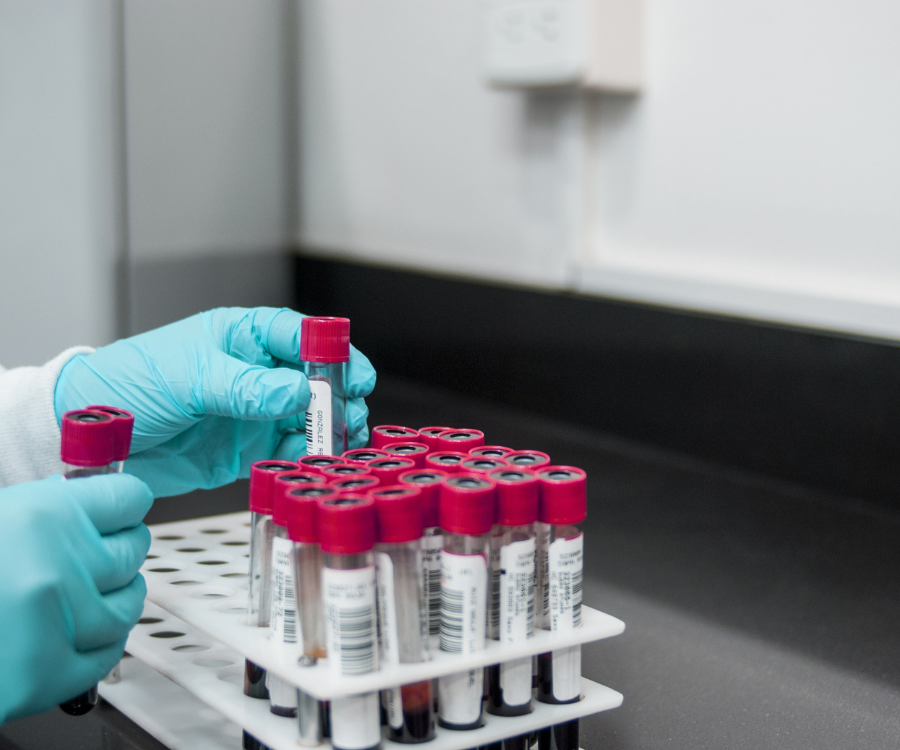Your Health in a Drop: 10 Common Blood Tests and What They’re Used For
Ever wondered what your doctor is looking for when they send you for a blood test? You’re not alone! These tiny vials of blood hold a treasure trove of information about your health, offering crucial insights into how your body is functioning. From routine check-ups to diagnosing specific conditions, blood tests are a cornerstone of modern medicine.
Understanding what some of these common tests are for can help you feel more informed and empowered about your health journey. While your doctor is always the best person to interpret your results, let’s demystify some of the most frequently ordered blood tests.
1. Complete Blood Count (CBC)
The CBC blood test is like a health snapshot, providing a broad overview of your general health. It measures the different components of your blood: red blood cells, white blood cells, and platelets.
- What it’s used for: Detecting anaemia (low red blood cells), infections (abnormal white blood cell counts), inflammation, and bleeding disorders (platelet issues). It’s often a routine part of a general check-up.
2. Basic Metabolic Panel (BMP)
A BMP blood test evaluates your body’s metabolism and includes measurements of glucose (blood sugar), electrolytes (sodium, potassium, chloride, bicarbonate), and kidney function indicators (BUN and creatinine).
- What it’s used for: Assessing kidney function, blood sugar levels, and electrolyte balance, which can be crucial for conditions like diabetes or dehydration.
3. Comprehensive Metabolic Panel (CMP)
The CMP blood test is more extensive than the BMP, adding tests for liver function (like ALT, AST, ALP, bilirubin, albumin, total protein) to the BMP components.
- What it’s used for: Providing a more complete picture of your metabolic health, liver function, and kidney function. It’s vital for monitoring chronic conditions and medication effects.
4. Lipid Panel (Cholesterol Test)
A lipid panel measures the different types of fats (lipids) in your blood: total cholesterol, LDL (“bad” cholesterol), HDL (“good” cholesterol), and triglycerides.
- What it’s used for: Assessing your risk of developing heart disease and stroke. High levels of certain lipids can indicate an increased risk of arterial plaque buildup.
5. Thyroid Stimulating Hormone (TSH) Test
The TSH blood test measures the amount of Thyroid Stimulating Hormone in your blood. TSH is produced by the pituitary gland and tells your thyroid gland to produce thyroid hormones.
- What it’s used for: Screening for and diagnosing thyroid disorders, such as hypothyroidism (underactive thyroid) or hyperthyroidism (overactive thyroid), which can affect metabolism, energy levels, and mood.
6. A1C Test (Glycated Hemoglobin)
Unlike a regular blood glucose test, the A1C test provides an average of your blood sugar levels over the past two to three months.
- What it’s used for: Diagnosing prediabetes and diabetes, and monitoring how well diabetes is being managed over time.
7. C-Reactive Protein (CRP) Test
A CRP blood test measures the level of C-reactive protein, a substance produced by the liver in response to inflammation.
- What it’s used for: Indicating inflammation in the body, which can be due to infections, autoimmune diseases (like arthritis), or chronic conditions. High sensitivity CRP (hs-CRP) can also be used to assess heart disease risk.
8. Vitamin D Test
This test measures the level of vitamin D in your blood. Vitamin D is essential for bone health, immune function, and overall well-being.
- What it’s used for: Identifying vitamin D deficiency, which is common and can lead to bone weakness, fatigue, and other health issues.
9. Iron Studies
Iron blood tests typically include measurements of serum iron, ferritin (iron storage protein), total iron-binding capacity (TIBC), and transferrin saturation.
- What it’s used for: Diagnosing iron deficiency anaemia (the most common type of anaemia) or iron overload (hemochromatosis).
10. Coagulation Panel (PT/INR and PTT)
These tests measure how long it takes for your blood to clot. Prothrombin time (PT) and International Normalized Ratio (INR) are often used together, as is Activated Partial Thromboplastin Time (aPTT or PTT).
- What it’s used for: Assessing bleeding or clotting disorders, monitoring patients on blood-thinning medications (anticoagulants), or checking clotting ability before surgery.
Understanding Your Results
It’s important to remember that abnormal blood test results don’t automatically mean you have a serious condition. Many factors, including diet, medications, exercise, and even stress, can influence your levels. Your doctor will interpret your results in the context of your overall health, symptoms, and medical history.
Regular blood tests are a powerful tool for maintaining good health and catching potential issues early. Don’t hesitate to ask your doctor or healthcare provider questions about why a particular test is being ordered and what the results mean for you. Being proactive about your health starts with understanding your body, and blood tests offer a fantastic window into that understanding.

